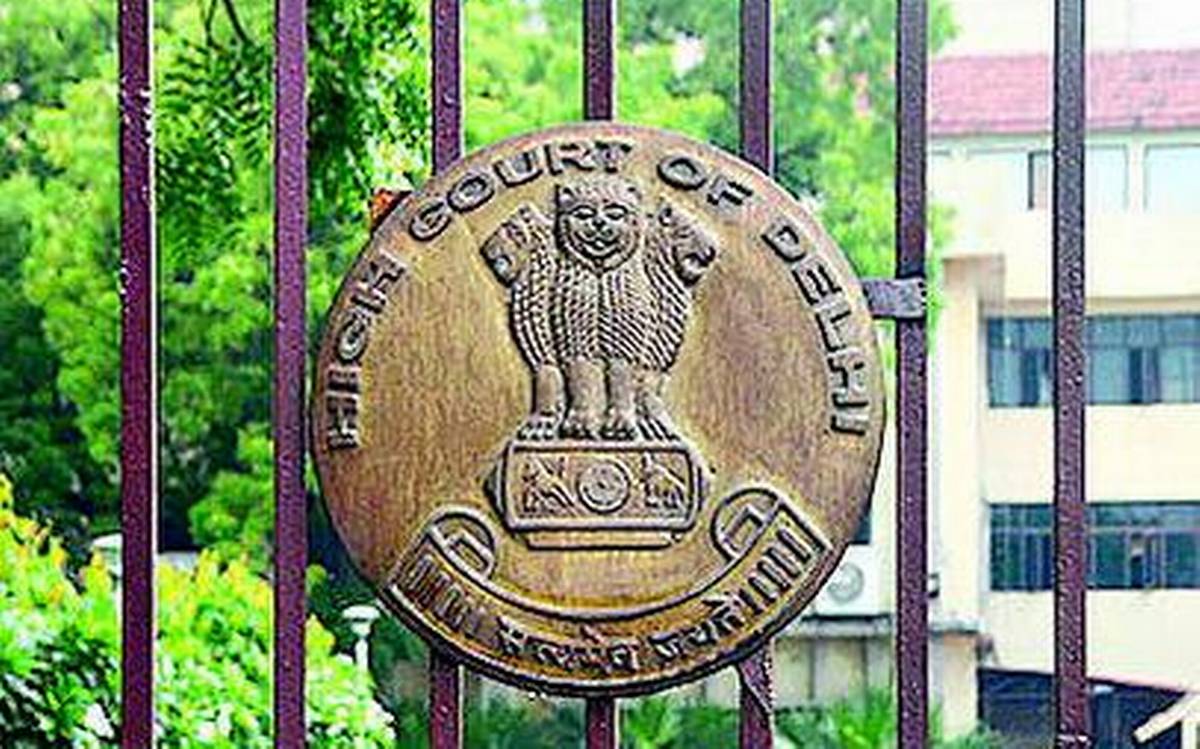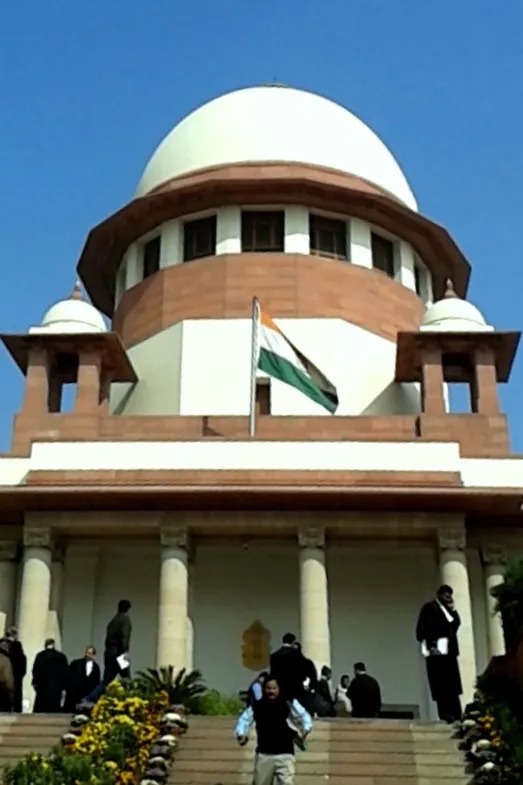@JUDGMENTTAG-ORDER
Honourable Mr. Justice K. Chandru
1. The petitioner appears in person. In this writ petition, he has made an innocuous prayer to consider his representations, dated 3.6.2009 and 11.4.2011. In the representation, dated 3.6.2009, the petitioner has issued a notice describing himself as an Advocate of the High Court and also a person who has been invited by the University as a guest lecturer for certain topics. He has stated that he came to know that in the EMMRC Department, the posts of Producer, Assistant Engineers and Production Assistants are treated as academic posts and that a resolution to that effect had been passed by the Syndicate on 23.3.2009. It is only the University Grants Commission can treat the technical staff as academic staff. Otherwise, it will be wasting the funds of the UGC. The Syndicate of the University has no power to treat certain posts as academic posts. It is only the posts of Director and Assistant Librarian can be treated as academic post. Therefore, he had requested the University to cancel the resolution and to continue to treat those posts as technical posts.
2. Subsequently, the petitioner sent a further representation, dated 11.4.2011 once again reiterating that he had obtained informations from the UGC under the RTI Act. Hence the University should cancel its resolution. Even this letter also described himself as an Advocate.
3. It is not clear as to how the petitioner is aggrieved by the resolution as he is not to be benefited by the cancellation of such resolution. It is also not a job of an Advocate to have himself used as a public interest litigant and to issue notices on all kinds of issues whether as an Advocate even if he does not have a remote interest. Further, when questioned, the petitioner fairly admitted that he had not filed the petition as a public interest litigant. Even if it is filed as a public interest litigation, the locus standi of the petitioner has to be decided at the first instance and thereafter it has to be considered whether the action complained of requires any interference by this court.
4. The Supreme Court vide its judgment in
143.Unfortunately, of late, it has been noticed that such an important jurisdiction which has been carefully carved out, created and nurtured with great care and caution by the courts, is being blatantly abused by filing some petitions with oblique motives. We think time has come when genuine and bona fide public interest litigation must be encouraged whereas frivolous public interest litigation should be discouraged. In our considered opinion, we have to protect and preserve this important jurisdiction in the larger interest of the people of this country but we must take effective steps to prevent and cure its abuse on the basis of monetary and non-monetary directions by the courts.
5. Certainly, as admitted by the petitioner, the writ petition has not been filed in public interest. In which case, the next question which automatically falls for consideration is whether the matter can be filed in his private capacity if he is not personally injured in any way by the said resolution.
6. No person can be allowed to become busybody or officious intervenor in a matter in which he has no direct or substantial interest. Even if the decision which is complained of is held to be invalid, in the absence of the petitioner setting out his real interest, the writ petition cannot be maintainable. If the petitioner has filed the writ petition in the capacity of an Advocate, it certainly did not concern with his legal profession or his legal practice. If he is utilizing his professional standing, he cannot seek direction to all kinds of authorities asking them to do a particular thing in a particular fashion and if they failed to do so, rush to this court seeking for a direction.
7. A perusal of the affidavit filed in support of the writ petition clearly shows that the petitioner has filed the writ petition on behalf of other persons who may have direct interest in the affairs of the University but do not want to show their face. If he wants to help them using his professional skill lending his name as a party in person, such a litigation is clearly an abuse of the process of the court and can never be countenanced by this court. A administrative action of the University can be questioned by a member of any of the authorities of the University such as Syndicate member, Senate or academic council members or by a directly affected teacher or their Association. The petitioner had not even supplied a single ground about the causal connection with the resolution. Hence there is no case made out to entertain the writ petition. Accordingly, the writ petition will stand dismissed. However, there will be no order as to costs.

